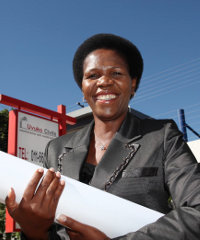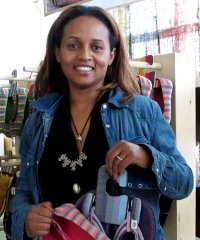Africa Property Investment Summit: 3-4 September 2013
BY Promotional Feature | July 11, 2013 at 15:07 http://www.howwemadeitinafrica.comIf investment and development feature strongly on your business agenda, then this commercial property forum is not to be missed. An annual event, the African Property Investment Summit has earned the respect of the industry and is an anticipated event on the African real estate calendar.
The Africa Property Investment Summit is fast approaching with limited bookings available. The two-day event, taking place in Johannesburg from 3-4 September 2013, will be once again be held at the beautiful Sandton Sun Hotel.

This summit presents a professional platform for learning about African real estate investment and development. Following its success in 2011 and 2012, the summit returns with the support of more industry heavyweights and an agenda designed to draw the leading minds in the property arena.
This is a unique opportunity to discuss current trends, share industry experiences and enjoy insightful debate. If you are committed to an African growth strategy, this is a property event you cannot afford to miss.
This year’s event features an exciting line up of speakers and panel discussion participants actively doing deals across the continent.
The two day conference package (R7,950/$895) includes all lunches and refreshments, an invitation to the gala dinner, parking and full access to all research, presentations and documentations. For booking information and enquiries contact Muhammad Joosub on muhammad@apisummit.co.za or +27 11 593 2288 or visit www.apisummit.co.za

